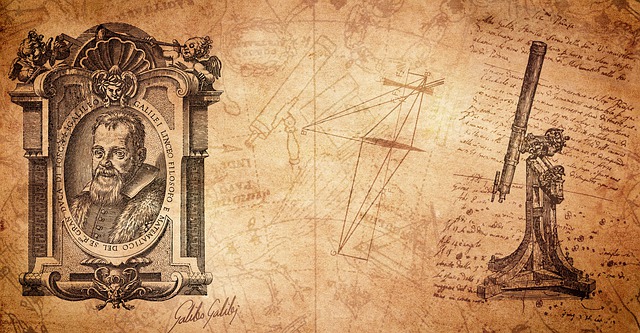In this article for Edge, Philip Goff talks about the philosophical work Galileo had to do in order to create a science that focused mainly on quantitative qualities, and why this was a necessary step to move forward in our quest for understanding the physical universe. For Goff, many scientists have forgotten the philosophical underpinnings of modern science, and in the same vein, have forgotten its limitations.
Goff says that it is time to rethink science – for the physical sciences to encompass a more expansive conception of the scientific method. Goff thinks that philosophy plays an active role in the conduct of scientific inquiry. This, he says is the only way we can make theoretical progress.
Implications for AI
Goff’s article opens a lot of questions on the consciousness debate and its implications to AI. If we don’t find possible explanations for the source of consciousness, how will we be able to determine whether a robot is truly conscious or if it is only mimicking consciousness? Can a robot think? Is thought the same as consciousness? Goff says that the time has come to create a new science of consciousness that goes beyond nueroscience and the physical.
Read Original Article

Read Online
Click the button below if you wish to read the article on the website where it was originally published.

Read Offline
Click the button below if you wish to read the original article offline.
You may also like
-
The philosophical journey of liberty: from Antiquity to the Age of Revolution
-
Are science and spirit really incompatible?
-
A quantum explanation of the spiritual
-
Will there be spirituality in an age of artificial intelligence?
-
Awakening to the true human: An antidote to the dark science of modern society
